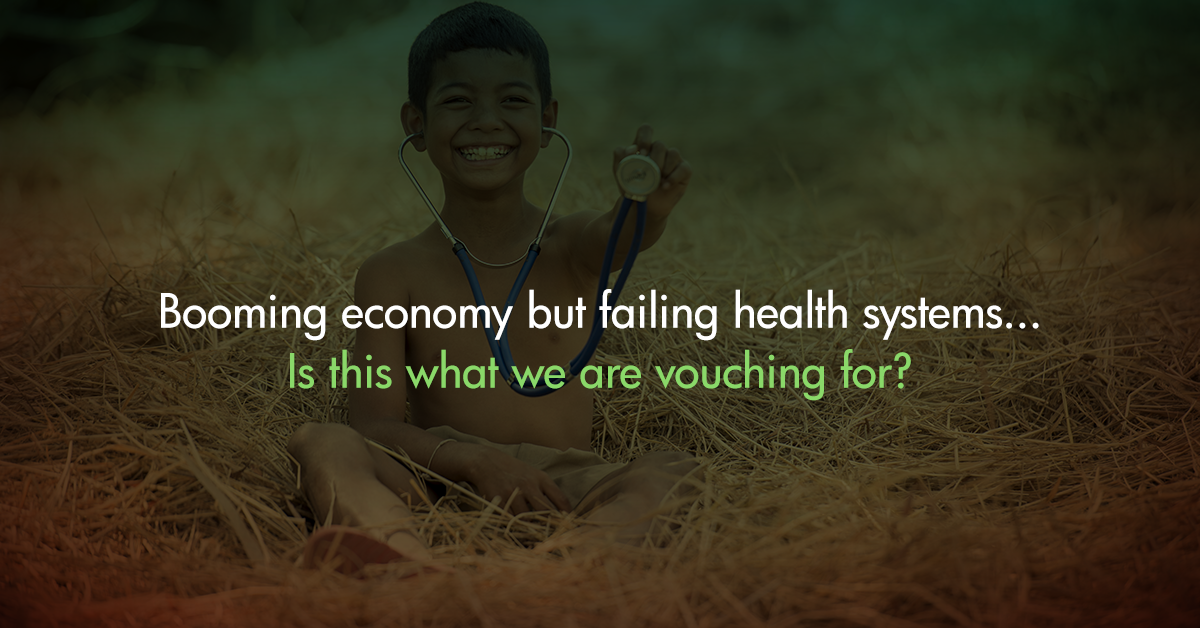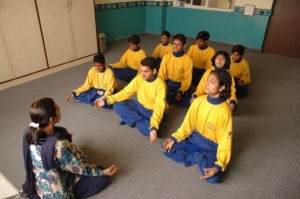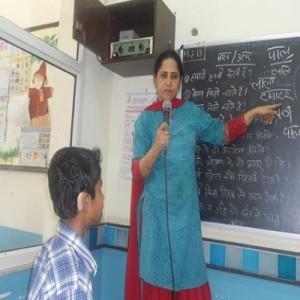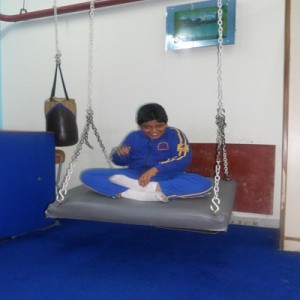Despite Our Booming Economy, India’s Public Healthcare System Is Still Poor
Over the past few decades, rapid economic growth has allowed millions of Indians to lift themselves out of poverty. For the extremely diverse population set, Indian healthcare system has its strengths, as well as its challenges. The lack of quality and affordable medical care has meant that millions continue to be deeply vulnerable to health shocks. Despite recording several gains in health in recent years, India continues to lag in several health indicators, such as mortality rates and malnutrition. The system is fairly broken. Fewer doctors than what should be. Fewer clinics, hospital beds, and accredited facilities – In fact, far lower than what is required in India. India also has an unusually high rate of illiteracy and poverty in both urban and rural areas, both of which contribute to low rates of health literacy.
Health is wealth. For any nation to progress it is necessary that proper health care facilities are made available for its citizens. No country ever achieved their universal health goals overnight. There are various ways to improve such systems.
- Government should take measures to make regular health checkups affordable as well as accessible for the people. The basic purpose of health camps is to bring awareness amongst the deprived population of the country who have no access to basic healthcare services or knowledge about the diseases they are suffering from.These camps make sure people are getting the healthcare at the right time.
- Literacy is also a contributing factor to improve the failing health in India. Improving literacy has many benefits and good healthcare is one of them. By educating we are indirectly improving healthcare problems like maternal mortality rate and educating rural health workers to assist in emergency times.
- Healthcare should be made affordable for the poor which will further motivate them to get frequent checkups before their issues start deteriorating.
There is a dire need of a positive change in the healthcare industry in India. The time has come to begin the development of our medical facilities and services to help the country progress faster.
To ensure a healthy community, organisations like the Ponty Chadha Foundation actively organise free diagnostic health camps for village communities across India, for those at the bottom of the pyramid. With these camps held in villages and construction sites in Noida and Ghaziabad, PCF has touched the lives of thousands of people.










